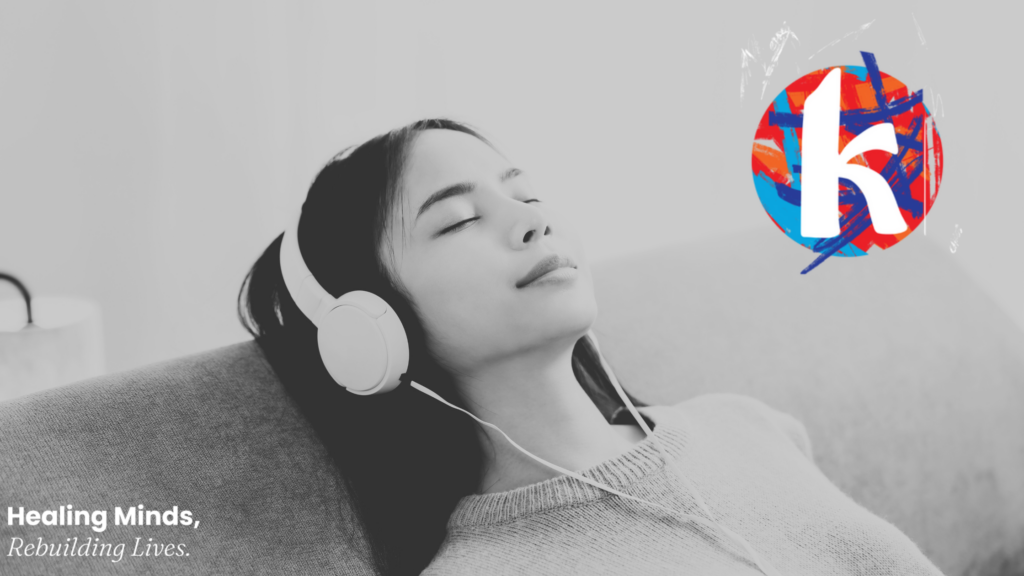Understanding Ketamine Withdrawal Symptoms: What You Need to Know
At Klarisana, we’re dedicated to providing comprehensive care and education to those exploring ketamine therapy as part of their mental health journey. One aspect of ketamine treatment that often raises questions is the concept of “withdrawal symptoms.” While ketamine is a powerful tool for mental health, it’s crucial to understand how it works in the brain and what you might experience after treatment.
Ketamine and Neural Pathways: Not Your Typical Antidepressant
Unlike traditional antidepressants or SSRIs, which often take weeks to build up in your system, ketamine works differently. It has a rapid effect, often providing relief from depression, anxiety, and other mental health conditions within hours or days. This quick response is due to ketamine’s ability to create new neural pathways, effectively “rewiring” the brain to foster healthier thought patterns.
However, this doesn’t mean the effects of ketamine are permanent without ongoing treatment or integration work. Over time, your brain’s neural pathways may attempt to revert to their previous states. This can sometimes feel like the ketamine is “wearing off,” but in reality, it’s your brain returning to its usual patterns. It’s a reminder of the importance of ongoing therapy, lifestyle changes, and possibly maintenance doses to sustain the benefits of ketamine treatment.
Ketamine Withdrawal Symptoms: What Are They?
When discussing “withdrawal symptoms” in the context of ketamine, it’s important to note that these symptoms aren’t the same as those associated with substances like opioids or benzodiazepines. Instead, what some people may experience after stopping ketamine treatment includes:
- Return of Depression or Anxiety: As the new neural pathways start to fade, old symptoms may resurface. This isn’t necessarily a withdrawal symptom but rather a return to the brain’s previous state before treatment.
- Mood Fluctuations: Some individuals may experience mood swings or irritability.
- Headaches: These can occur as part of the body’s readjustment process after ketamine sessions.
- Cravings: In cases where ketamine use has been frequent or not properly managed, there may be a psychological craving for the relief it provides.
These symptoms highlight the importance of following a structured treatment plan and working closely with a healthcare provider to ensure ketamine is used safely and effectively.
The Risk of Misuse: Ketamine Can Be Addictive
While ketamine is a valuable tool in the treatment of mental health conditions, it can also be addictive if not used correctly. This is especially true when ketamine is used outside of a controlled medical environment or without proper guidance. The euphoria and dissociative effects that ketamine can produce make it a substance with potential for misuse.
It’s also important to remember that addiction isn’t limited to “drugs.” Many substances and activities can become addictive, whether it’s food, alcohol, social media, or even exercise. The key factor is how these substances or behaviors impact your life and whether they lead to unhealthy patterns.
At Klarisana, we emphasize the importance of using ketamine as part of a comprehensive treatment plan, including psychotherapy, lifestyle changes, and continuous monitoring by healthcare professionals. By doing so, we aim to maximize the therapeutic benefits of ketamine while minimizing the risks of misuse and dependency.
A Balanced Approach to Ketamine Therapy
Ketamine has the potential to transform lives by providing rapid relief from mental health conditions that have been resistant to other treatments. However, understanding how ketamine works, the potential for withdrawal symptoms, and the risk of addiction is crucial to ensuring its safe and effective use.
At Klarisana, we’re here to guide you through every step of your ketamine therapy journey, ensuring that you receive the care, support, and education you need to achieve lasting mental wellness.





